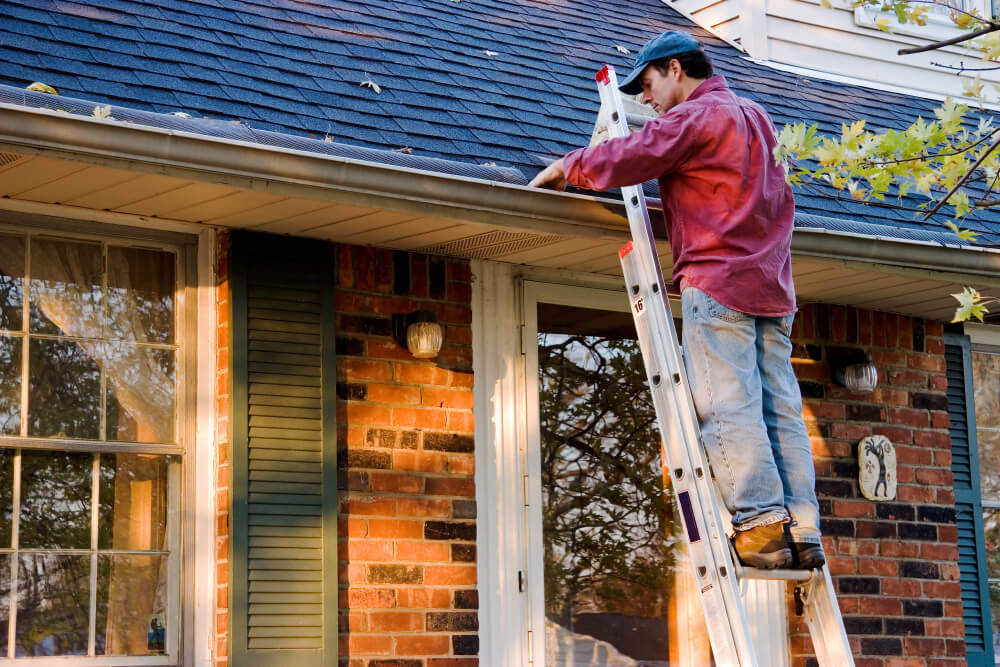1. Define Your Project Scope
Detailed Plan:
- Clearly Define Goals: Before contacting contractors, have a clear understanding of what you want to achieve. Create a detailed plan that outlines the scope of work, materials needed, and specific goals for the project.
- Budget and Timeline: Establish a realistic budget and timeline for your project. Having this information ready will help you communicate your expectations to potential contractors.
Prioritize Tasks:
- Essential vs. Optional: Determine which tasks are essential and which ones are optional or can be postponed. This will help you manage your budget and focus on critical aspects of the project.
2. Get Recommendations and Research
Ask for Referrals:
- Friends and Family: Start by asking friends, family, and neighbors for recommendations. They can provide insights based on their own experiences with contractors.
- Professional Networks: Consult local building associations or home improvement stores for reputable contractors in your area.
Online Reviews:
- Check Ratings: Look up contractors on review sites like Yelp, Angie’s List, and Google to read reviews and ratings. Pay attention to both positive and negative feedback to get a balanced view.
- Social Media: Browse social media platforms for recommendations and reviews. Many contractors maintain profiles where customers leave reviews and share project photos.
3. Verify Credentials and Experience
Licensing and Insurance:
- Proper Licensing: Ensure that the contractor holds the necessary licenses required by your state or local authorities. Licensing requirements vary, so check your area’s specific regulations.
- Insurance Coverage: Verify that the contractor has adequate liability insurance and workers’ compensation coverage. This protects you from potential liability in case of accidents or damages during the project.
Experience and Specialization:
- Project Type: Look for contractors who have experience with the type of project you’re planning. For example, if you’re renovating a kitchen, find a contractor with a strong portfolio of similar projects.
- Years in Business: A contractor with several years of experience is likely to have a track record of reliability and quality work.
Join HICP Homeowner’s Alliance
Connect with experts, get special discounts and enjoy member benefits
4. Check References and Past Work
Ask for References:
- Contact Past Clients: Request a list of references from the contractor and contact them to ask about their experience. Inquire about the quality of work, adherence to schedule and budget, and overall satisfaction.
- Visit Completed Projects: If possible, visit completed projects to see the quality of work firsthand.
Review Portfolio:
- Photos and Videos: Look at photos and videos of the contractor’s past projects. A well-documented portfolio can give you a sense of their style and capabilities.
5. Get Multiple Quotes
Compare Estimates:
- Detailed Quotes: Obtain detailed written estimates from at least three contractors. The estimates should include a breakdown of labor, materials, and other costs.
- Scope and Cost: Compare the scope of work and costs across different quotes. Be wary of significantly lower estimates, as they may indicate lower quality materials or workmanship.
Negotiation:
- Discuss Terms: Use the quotes to negotiate better terms with your preferred contractor. Discuss payment schedules, potential discounts, and other details to arrive at a fair agreement.
6. Review Contract Details
Written Agreement:
- Comprehensive Contract: Ensure that the contractor provides a written contract that includes all project details, such as the scope of work, materials, costs, timeline, and payment schedule.
- Change Order Policy: Include a policy for handling changes to the project scope. This should outline how change orders will be managed and priced.
Legal Considerations:
- Permits and Inspections: Confirm that the contractor will obtain the necessary permits and schedule required inspections. This ensures the project complies with local building codes and regulations.
- Warranty: Discuss warranty coverage for both labor and materials. A good contractor should stand behind their work and offer a warranty.
7. Communication and Transparency
Clear Communication:
- Point of Contact: Establish a single point of contact to ensure clear and consistent communication throughout the project.
- Regular Updates: Request regular updates on project progress. This can be through meetings, phone calls, or emails.
Transparency:
- Open Discussion: Ensure the contractor is open to discussing any concerns or questions you have. A transparent contractor will be forthcoming about potential challenges and solutions.
8. Payment Schedule
Structured Payments:
- Milestone Payments: Agree on a payment schedule based on project milestones rather than upfront payments. This ensures that you pay for work as it is completed.
- Final Payment: Hold back the final payment until the project is completed to your satisfaction. This gives you leverage to ensure all work is done correctly.
Avoiding Scams:
- Down Payment: Be cautious of contractors who demand large upfront payments. A reasonable down payment is typically 10-20% of the total project cost.
9. Monitor Progress
Regular Inspections:
- Site Visits: Visit the project site regularly to monitor progress and address any issues promptly.
- Quality Control: Ensure that the work meets your standards and adheres to the agreed-upon specifications.
Documentation:
- Keep Records: Maintain records of all communications, contracts, change orders, and payments. This documentation can be useful if disputes arise.
10. Address Issues Promptly
Problem-Solving:
- Immediate Attention: Address any issues or concerns as soon as they arise. Timely intervention can prevent minor problems from becoming major setbacks.
- Collaborative Approach: Work with the contractor to find solutions to any challenges that arise during the project.
Final Walkthrough:
- Thorough Inspection: Conduct a final walkthrough with the contractor to ensure all work has been completed to your satisfaction. Create a punch list of any remaining tasks or touch-ups needed before making the final payment.
Hiring the right contractor is essential for a successful home improvement project. By following these top 10 tips, you can find a reliable and skilled contractor who meets your needs and ensures your project is completed to your satisfaction. From defining your project scope to monitoring progress and addressing issues, these steps will help you make an informed decision and achieve the best possible outcome for your home renovation.




















